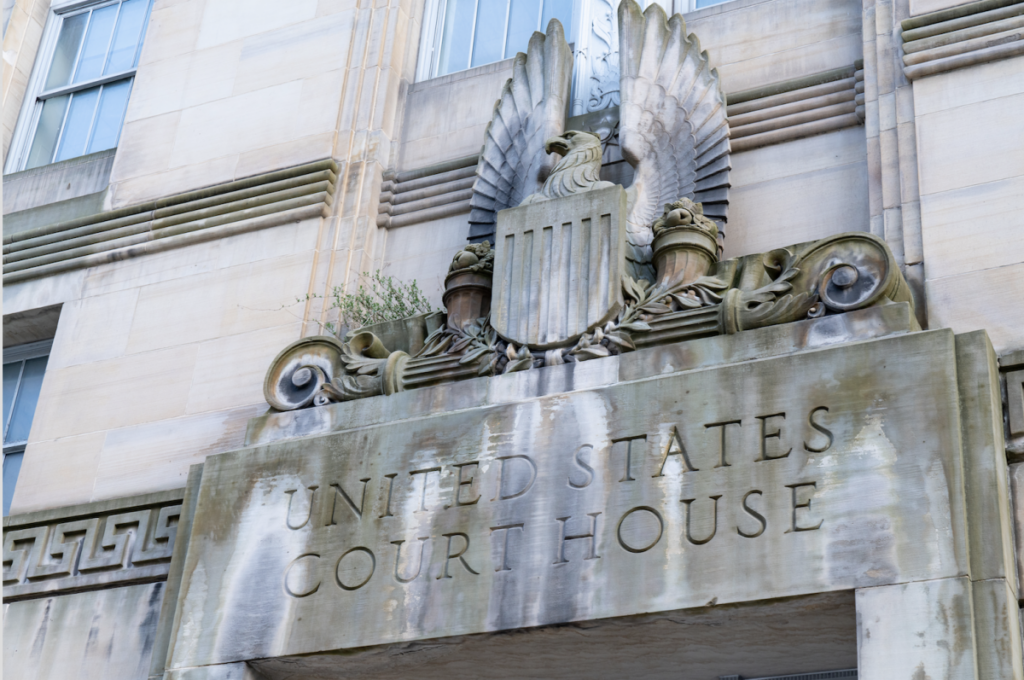
Are Nonprofit Private Schools Still Safe from Title IX Lawsuits?
04.18.2024 | Linda J. Rosenthal, JD

Although, occasionally, a high-profile charity scandal hits the headlines, most people are unaware that nonprofits go to court (or are summoned there by others) on a fairly regular basis.
This unawareness may arise from blissful ignorance of all the laws that apply to charitable organizations – some unique to the philanthropic mission and others that apply across the board.
It may arise from something vague they’ve heard about including the notion of “charitable immunity.” There have been times in the distant past that charities had some protection against negligence lawsuits, but those days are long gone.
It may arise from an acute sense of karma – as in “it’s bad karma to sue a charity” or just plain tacky. Sadly, though, enough people have overcome any such reticence to keep many trial lawyers busy.
So what types of matters arise and which are the most common?
There’s a surprisingly broad range of legal issues that may bring a charity into the courtroom either as a plaintiff or as a defendant. These can include disputes among or against board members, issues arising in connection with memberships, contract or real estate problems, and negligence liability – just to name a few.
According to insurance specialists, though, the most frequent issues that arise for nonprofits are ones not specific to the charitable sector. They are employment problems and disputes: for instance, discrimination and harassment claims, wrongful terminations, violations of labor laws about pay and working conditions, and contract disputes.
A handy way to appreciate the scope of possibilities is to take a quick peek back at courtroom cases we’ve already highlighted in this blog. Here are just a few:
And our favorite –
Some new cases are coming up in Part 2: a college that spends several years and hundreds of thousands of dollars to get a divorce from its alumni association; a famous museum that fights a quadriplegic patron’s request for a membership-fee discount under the Americans with Disabilities Act; and a lawsuit attempting to force the federal government to abide by animal protection statutes – thrown out for lack of “standing” of our almost-upright primate cousins.
– Linda J. Rosenthal, J.D., FPLG Information & Research Director
